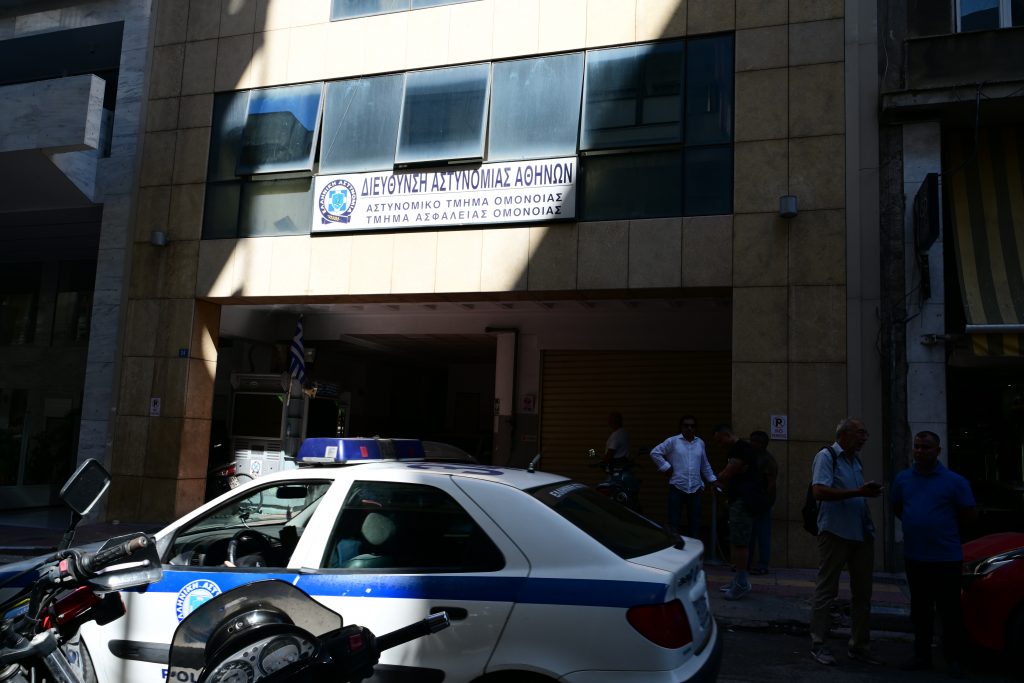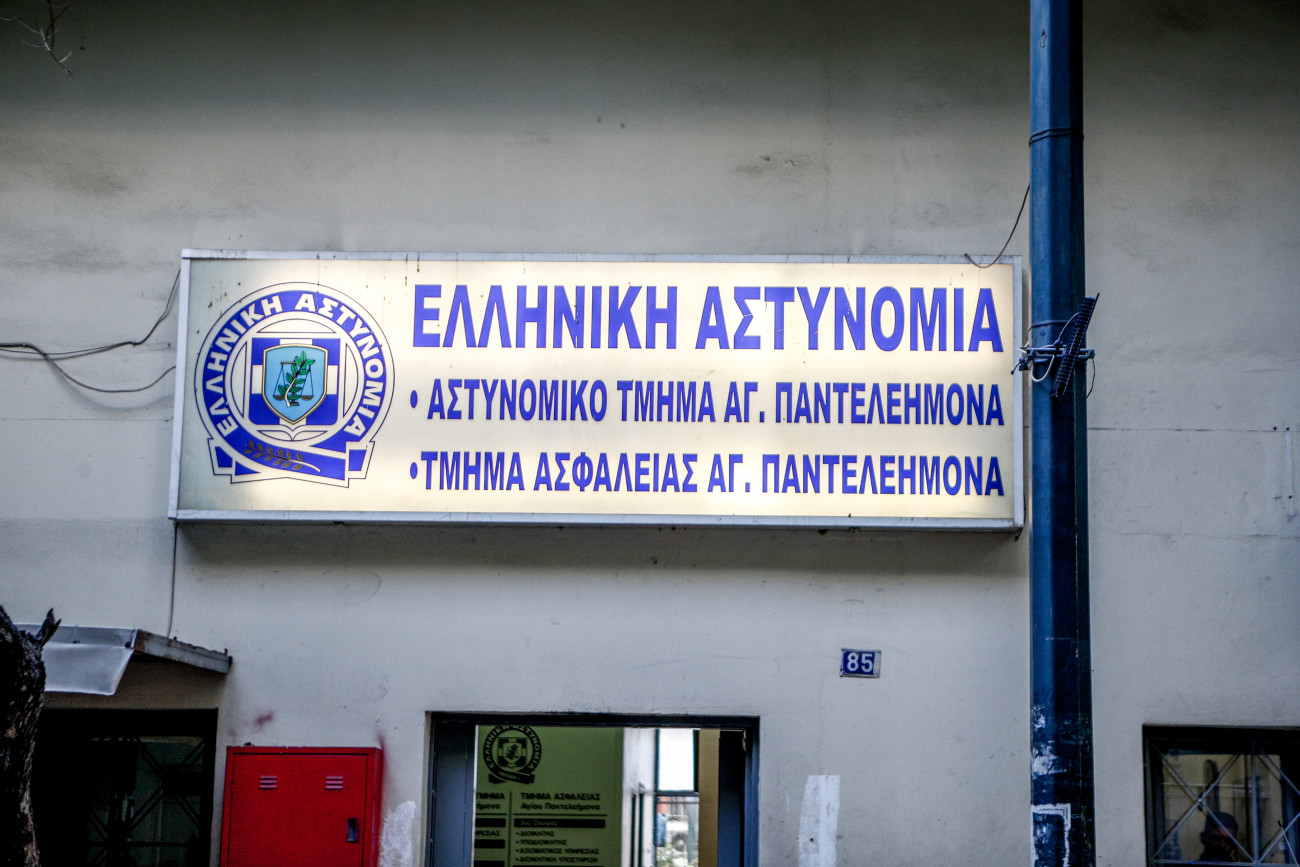Many questions arise from the death of the 37-year-old Pakistani Muhammad Kamran Ashiq in Agios Panteleimonas Police Station on the morning of September 21. The body of the 37-year-old man revealed marks from a beating, with the lawyer in charge of the case stressing inconsistencies in the statements made by the Hellenic Police.
Muhammad Kamran, who had been living in Greece since 2004, was initially arrested on 13 September and taken to Omonia Police Station. From there, he was transferred to the police station in Kolonos, where his detention was extended. He was released from there on the evening of September 17, at about 11 p.m. About an hour and a half later, at 00.30 on September 18, the 37-year-old was rearrested in Agios Panteleimonas and taken to the local police station. He remained there until his death, which was confirmed three days later.
“We don’t yet know the reason for the initial arrest on September 13,” lawyer Maria Sfetsou, who has taken on the case, told NEA Weekend. According to a police statement of September 26, the initial arrest was made in relation to an incident of domestic violence. As per the Hellenic Police, the second arrest, in the early hours of September 18, was made in relation to an incident of harassment following a complaint made by a woman. The 37-year-old was found at the scene “visibly injured, running amok, obviously under the influence of drugs or alcohol,” the statement continues.
However, the initial incident report does not chime with this subsequent statement. “According to the incident report, the arrest in Agios Panteleimonas was made for verification purposes. The harassment scenario is marked by its absence,” the lawyer stresses. She also notes a discrepancy, given that the 37-year-old had had his personal belongings returned before his release from Kolonos police station: two mobile phones, keys and unspecified “personal documents”.
According to the lawyer, the personal documents referred to are the papers proving his legal residence in the country. It has been confirmed that the 37-year-old had legitimation documents and that it is customary for migrants to keep them on their person at all times. However, the police statement specifically mentions the absence of such documents. “Everything indicates that the documents were taken away from him to create a pretext for his detention,” Maria Sfetsou tells NEA Weekend.
According to the Hellenic Police, during his detention at the Agios Panteleimonas police station, the 37-year-old man attacked police officers verbally and physically and broke the sink in the station bathroom. A case file was compiled in the light of these actions, with the district attorney imposing a prison sentence of 29 months, of which the 37-year-old would serve four. His detention at the Agios Panteleimonas police station was thus extended, so he could be transferred to a correctional facility.
The incident. The Hellenic Police statement also mentions a “minor” incident between the 37-year-old and his fellow inmates, without however providing any further information. The police attribute the bruises found during the post-mortem to this episode. “There is no police incident report relating to his being beaten by fellow inmates,” Maria Sfetsou stresses, noting that, in any case, it appears from the forensic investigation that the 37-year-old was wearing handcuffs when he was beaten. The investigation also found marks on the 37-year-old’s corpse that are consistent with two “rounds” of beatings.
The Ombudsman is not competent to carry out the investigation. The Minister for Citizen Protection, Michalis Chrisochoidis, announced that in order to fully investigate the case and avoid any hint of a cover-up, he has ordered the investigation to be transferred to the Ombudsman. However, this is a prescribed procedure and regularly carried out in cases where there is evidence of the authorities acting outside the law.
What’s more, the Ombudsman does not have the wherewithal to conduct an entirely independent investigation, and can therefore only study the evidence collected during the preliminary inquiry. As Maria Sfetsou told NEA Weekend, the preliminary investigation can be performed by a magistrate or by the police. But since the procedure has not been assigned to another institution, it remains with the Agios Panteleimonas police station. Meaning the investigation will be conducted by colleagues of the police officers under investigation, who work in the same building albeit in a separate department.
“The problem in cases like these is that we can no longer believe the official statements issued by the police. There may be nothing untoward in this specific case, but since sanctions are not imposed even when violations are found to have taken place, there is a lack of trust,” the constitutional lawyer Nikos Alivizatos, who was appointed to head the committee investigating police violence in 2019, told NEA Weekend.




